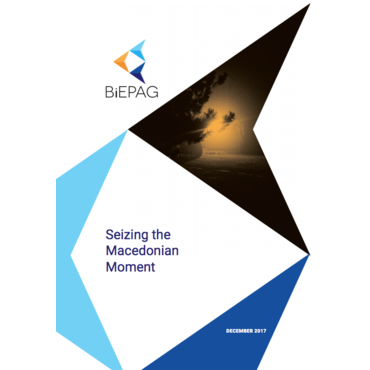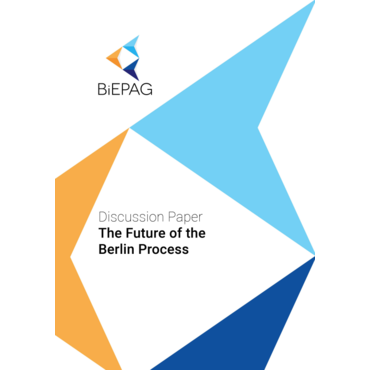We use cookies to analyze how visitors use our website and to help us provide the best possible experience for users.
Click Accept below if you agree to allow cookies. For more information or to opt-out of cookies, please view our Privacy Policy.
Accept
Privacy policy




